Though Android and iOS are the most common operating systems for mobile applications, things have changed drastically over the past few years.
You might be wondering HOW?
There has been a consistent growth in the competitiveness between these two platforms. While iOS is the operating system owned by Apple and only Apple devices use it, Android is dominating the market with its versatility. In fact, companies other than Apple are launching smartphones with the Android operating system and Android is gaining a significant amount of loyal users due to its additional features and effectiveness.
Not just that, it is estimated that there will be a whopping growth of around $653.91 billion during the period of 2021-2025 with a CAGR of around 21% according to a recent survey. As Android is currently holding the larger share of the global smartphone market, it is quite evident that business owners are looking for business apps to be Android-based. Did you know- why? Because it will allow them to target a wider customer base and enable increased revenue.
Spark behind the Platform Conversion
On one hand, iOS App Development is based on a closed-source platform with a vast range of APIs, whereas the Android platform is free and open-source.
Is it just that? NO!
There are various other reasons which support the idea of shifting an existing website to another platform.
- Increasing the realm of the market and targeting wider customers
- Marketing to iPhone users as a target demographic with Android features such as physical back – navigation button, push notification,
- Android Intents, widgets, and Android Wear
- Saving time, effort, and money by cloning your current iPhone application.
- Constructing new facilities without engaging Android app development services.
- Improving Return on Investment (ROI) to make more money
So, can you get the conversion done all by yourself?
It’s quite difficult! As there are no ready-made conversion tools, there is a need to contact a reputable Android Mobile App Development Company in Houston. The user interface, navigation, and programming languages will all be altered by this experienced company. They usually use ByteCode (JUVM) in Android applications, whereas compiled code is used in iOS.
Process of Platform Conversion
Step 1: Chalk out a plan: Examine your present iOS’s bottleneck features. The workflow, design, potential faults and remedies, back-end individual qualities, tools and infrastructure, and the app conversion process should all be included.
Step 2: Evaluate and Implement: Next, you need to assess all essential technicalities, such as libraries, code, and third-party Mobile App Development Services, and select the most cost-effective tech stack.
Step 3: Run App Test: You must concentrate more on quality assurance which can only be achieved by using the services of a reputable Android App Development Company. There are various android devices or emulation tools that are used by the firm. The following tests are carried out:
- Load Testing
- Validation
- Beta Testing
- User Acceptance Testing
Step 4: Once you get a green signal from the Q and A Testing Department of your Android App Development Company, you can release the application over Play Store.
Mobile Application Development entails modifying your program to make use of Android’s unique features and hardware capabilities that aren’t available in iOS. For example, iOS provides a pre-configured device for identifying Bluetooth devices. The Android platform, on the other hand, contains a feature that recognizes Bluetooth LE devices.
Cost of converting your app’s platform from iOS to Android
A reputable Mobile App Development Company in Houston knows how to take advantage of Android’s unique characteristics so that consumers can enjoy the majority of the sophisticated capabilities.
The price of Mobile App Development Services you opt for depends on several factors including porting to a new platform and the features you want to retain. Though, on an average the cost of hiring ranges between $30,000 – $50,000 which can further be modified by the following components:
- System works
- Programming languages used
- APIs
- Features of the app (UI functionalities)
- Security in Ported code
- Software or SDKs development kits
- Types of compatible devices and versions of Android support
Challenges involved in platform conversion
The process of converting an iOS app to an Android app is not a joke. According to the top Mobile App Development Company in Houston, USA, there are numerous major challenges you may face during the conversion that can be listed as follows:
1. The difference in Architecture:
Android has far too many versions, with new features arriving virtually every quarter. The prime areas which are prone to frequent changes include file management, notification, navigation, and interoperability with other mobile applications. To address this issue, you’ll need to engage an Android App Development Service that can cover over 90% of all mobile devices.
2. Design Features:
Every developer has their own set of design guidelines that apply to the size, form, and idea of the app. While Android uses Material Design principles, Apple uses Human Interface Guidelines. This makes transactions go more smoothly without any ambiguity.
Tabs, buttons, lists, widgets, data, navigation elements, and time sectors are all major variations between the two systems. Further, the wireframes can be redesigned by the developer to offer the Android look or to personalize as per your business needs.
3. Framework and Code:
Most Android applications are written in Java or Kotlin, whereas iPhone apps are written in Swift. As a result, code written for one platform cannot be utilized on another. The Objective-C programming language, on the other hand, works on both systems. Now, the UI of your app has to be redesigned by the iOS App Development Company as the UI programming and API and SDK implementation on both platforms differ.
4. Screen Size:
When changing the port, an iOS Development Company meets the most fundamental problem. There are substantial disparities in size between Android and iOS devices. Furthermore, the manufacturer must create the appropriate bitmap size for the device. Android applications, on the other hand, can run on a variety of devices, regardless of screen size.
Wrapping Up!
With the fast growth of technology, there are new chances for producing more revenue by covering a larger market. Converting your iOS software to Android is one such opportunity. The above-mentioned cost provides more flexibility in selecting the best decision. To get the most out of it, you’ll need to take a methodical approach and use the services of a top mobile App Development Company in the US.

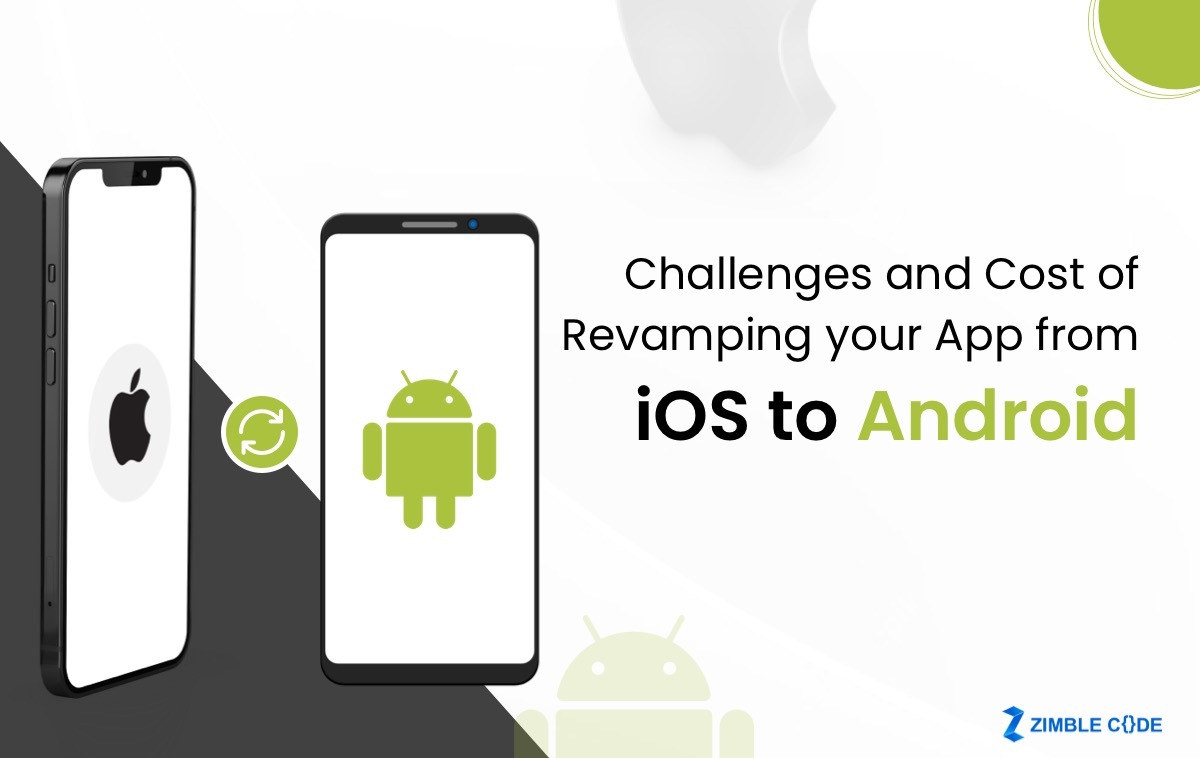
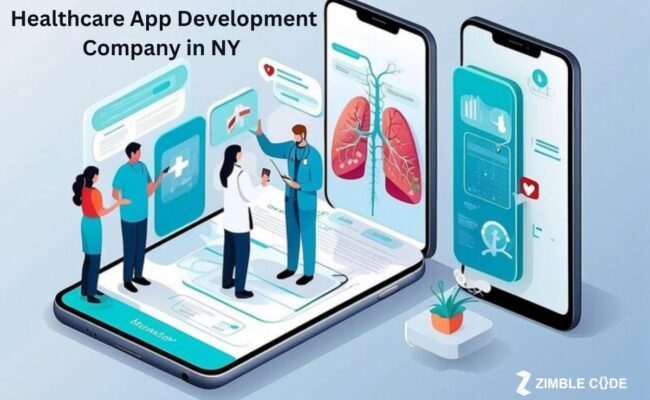
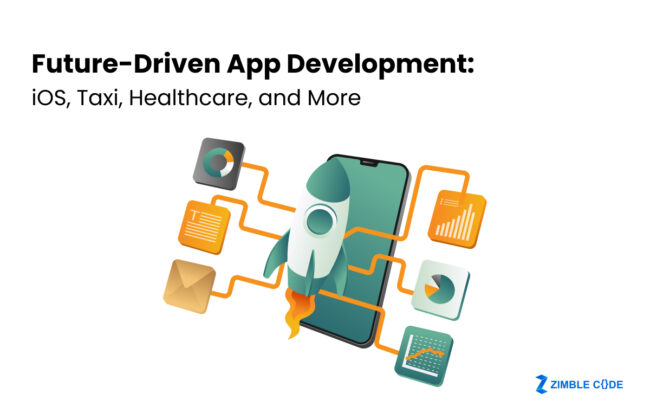

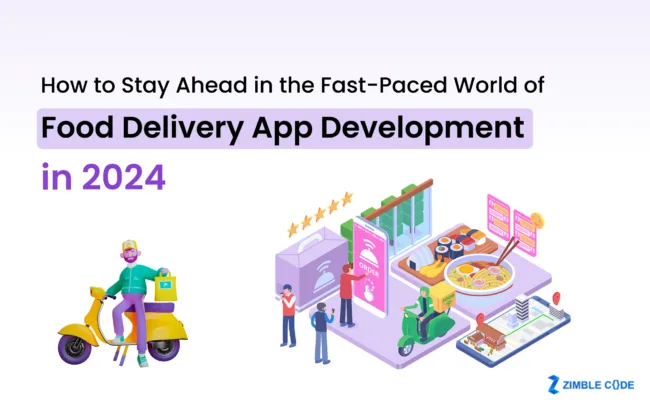
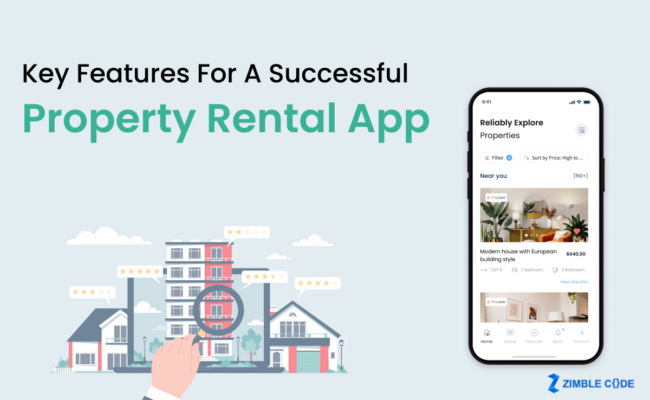

Leave A Comment